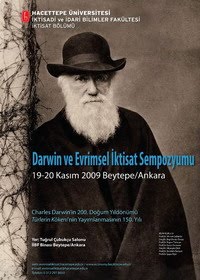 |
- What is the difference between absolutism and relativism? How do you interpret a school of thought (i.e.Scholastics, Mercantilist or Physiocracts) by using these two different approaches?
- Give some examples which are based on extreme forms of relativism and absolutism.
- How does "Old Testament" regulate economic and social life? Discuss by considering its views on private property?
- What are the main differences between oikonomos and chrematistics?
- What are the main contributions of Aristotle to the theory of exchange and theory of money ? In this respect evaluate the importance of difference between use-value and exchange value.
- What are the common elements between Artistotelian definitions of scope of economics and that of Canonist writers? How do you interpret the continuity in this line of thought?
- What is the main differences between bullionism and mercantilism?
- What are the main properties of Mercantilist thought? Discuss by considering the thougths of Thoms Mun?
- R.L. Meek, an important historian of economic thought describes mercantilism as neo-scholasticism. Why?
- How did William Petty formulate an rudimentary version of labor theory of value? Is it possible to formulate such a theory by focusing on exchange relations?
- What are the main contributions of Physiocrats to the classical political economy?
- Discuss the context of the quotation below:
Adam Smith. The Wealth of Nations.



Hiç yorum yok:
Yorum Gönder